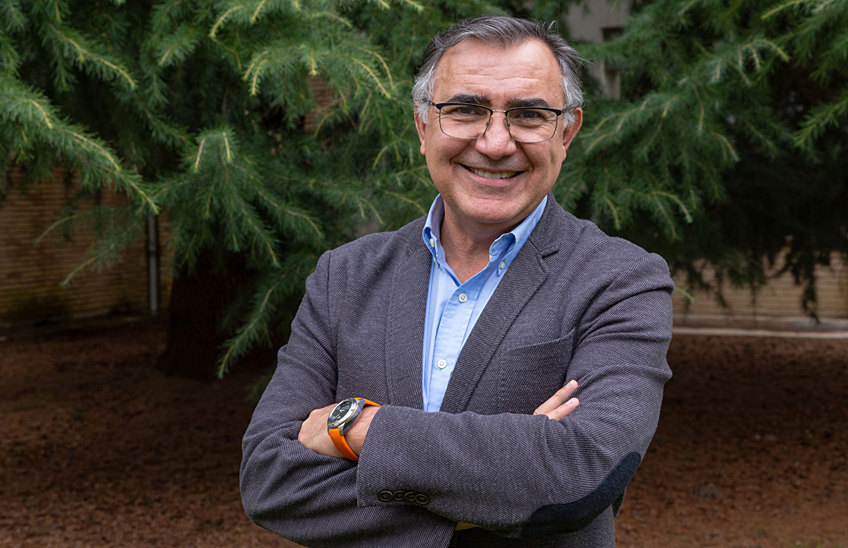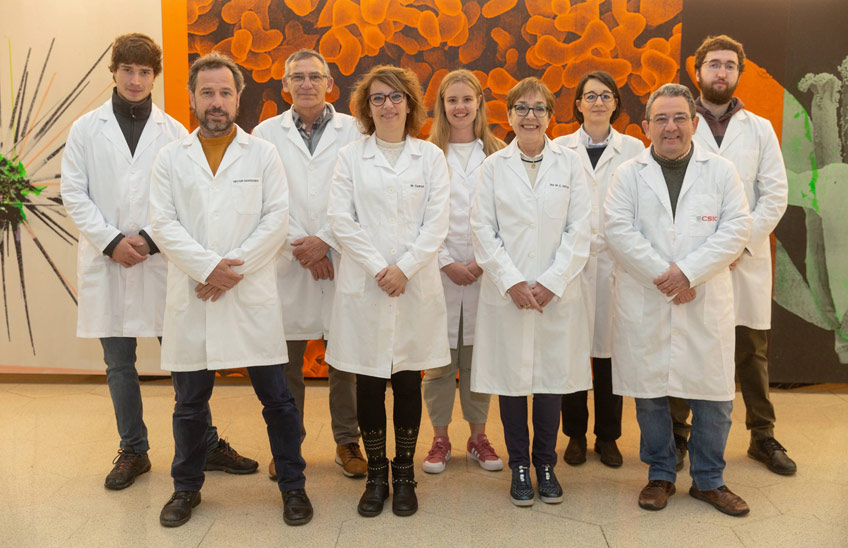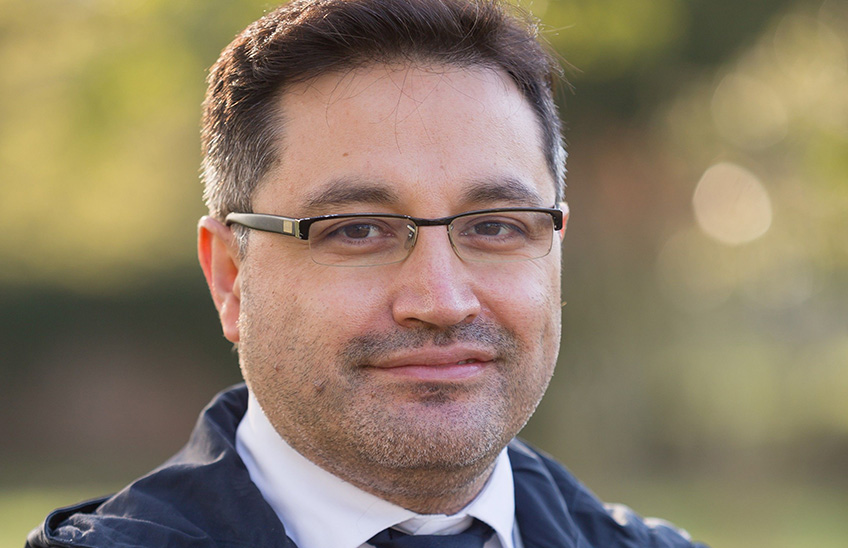2021_07_28_chiva-simposio-fertilidad
Dr. Luis Chiva, gynecologist: "Separating affectivity from sexuality does deep harm to the person".
University hosts an international congress on Natural Fertility Recognition
28 | 07 | 2021
"Separating affectivity from sexuality does profound harm to the person. Sexuality brings into play the most intimate part of our being, bodily and spiritually. Just as we cannot separate our body from our soul, we cannot separate sex from affection". With these words, Dr. Luis Chiva, director of the department of Gynecology of the Clínica Universidad de Navarra and one of the organizers of the International Symposium multidisciplinary on the Natural Recognition of Fertility, stresses the need to address the anthropological, affective and biological dimensions of sexuality and fertility in a person-centered way.
The University of Navarra will host this congress on September 22, 23 and 24, organized in partnership with the Universidad de los Andes (Chile) and project Veritas Amoris.
Speakers include, among others, Josep Standford (University of Utah, United States), Rene Leiva (University of Ontario, Canada), Christopher West (high school of Theology of the Body, United States), Juan José Pérez Soba (high school Pontifical John Paul II, Rome), René Écochard (Claude Bernard Lyon University, France), Marguerite Duane (Georgetown University, United States) and Monsignor Mario Iceta, Archbishop of Burgos and expert in bioethics.
The interventions will begin at 3 p.m. In addition, a series of workshops have been organized in the mornings, including one entitled "Sexuality without barriers and love without limits; learning to communicate the beauty of human love". There will also be an act in memoriam to Dr. Gonzalo Herranz, internationally recognized professor of bioethics who died in May of this year.
Dr. Chiva advocates to invest time in training on Natural Fertility Recognition (NFR) and to disseminate all the scientificknowledge on diagnostic effectiveness of these methods, to continue research and to develop new tools. He also points out that this way of understanding sexuality and affectivity goes beyond Christian anthropology. "There are many people who, without being Christians, feel that in their sexual relations they compromise more than a moment of pleasure. Anyone who feels this may be attracted to the approaches we will show at the Symposium, or at least intrigued."





